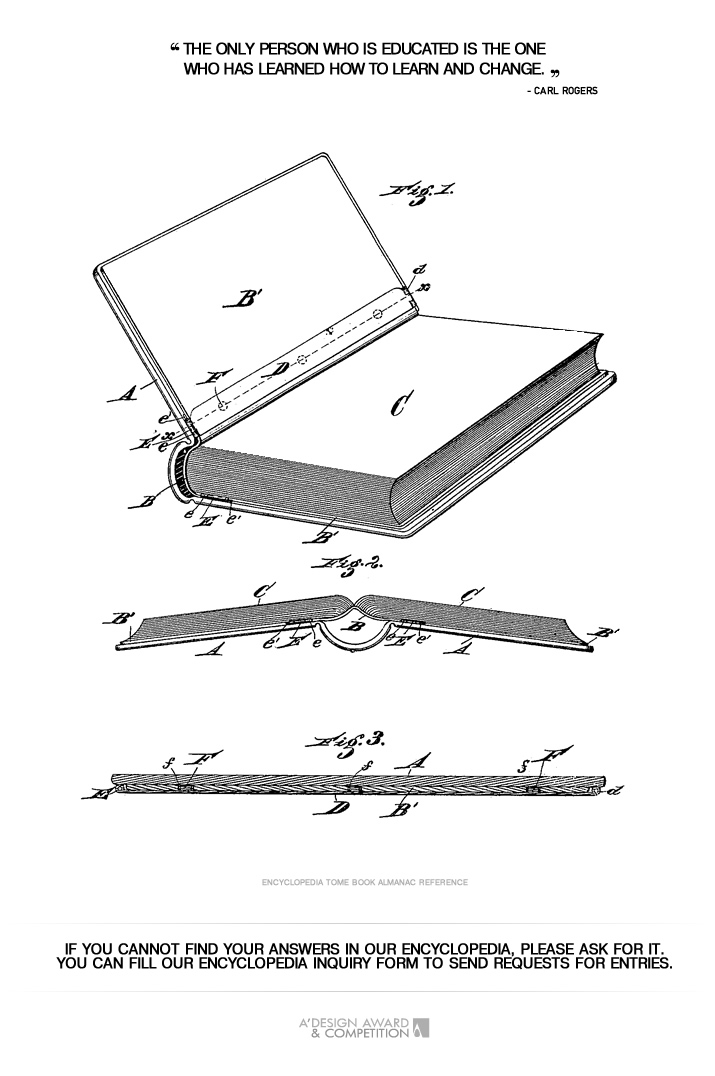
| THE AWARD |
| CATEGORIES |
| REGISTRATION |
| SUBMIT YOUR WORK |
| ENTRY INSTRUCTIONS |
| TERMS & CONDITIONS |
| PUBLICATIONS |
| DATES & FEES |
| METHODOLOGY |
| CONTACT |
| WINNERS |
| PRESS ROOM |
| GET INVOLVED |
| DESIGN PRIZE |
| DESIGN STORE |
| THE AWARD | JURY | CATEGORIES | REGISTRATION | PRESS | WINNERS | PUBLICATIONS | ENTRY INSTRUCTIONS |
Human Make - Entry #476077 |
Home > Design Encyclopedia > 476077 |
 Human Make
Human Make
Human Make is a design philosophy and manufacturing approach that emphasizes the irreplaceable value of human craftsmanship, skill, and creativity in the production process, standing in deliberate contrast to purely automated or machine-driven manufacturing methods. This methodology celebrates the unique characteristics and subtle imperfections that arise from human involvement in creation, viewing these elements not as flaws but as distinctive markers of authenticity and individuality. The concept emerged as a response to the increasing mechanization and standardization of production processes during the industrial revolution and has gained renewed significance in the contemporary design landscape as a counterpoint to digital fabrication and mass production. In the design field, Human Make encompasses both traditional artisanal techniques and their modern interpretations, incorporating hand-crafting, manual assembly, and human decision-making throughout the creative process. This approach often results in products that bear subtle variations and unique characteristics, reflecting the maker's personal touch and expertise. The philosophy extends beyond mere production methods to embrace a broader understanding of sustainability, cultural preservation, and social responsibility in design. It acknowledges the importance of preserving traditional craft knowledge while adapting it to contemporary needs and aesthetics. The A' Design Award and Competition regularly recognizes outstanding examples of Human Make through its various categories, particularly celebrating designs that successfully integrate human craftsmanship with modern innovation. This approach has become increasingly relevant in an era of rapid technological advancement, offering a meaningful alternative to purely automated production while contributing to the preservation of cultural heritage and traditional skills.
Author: Lucas Reed
Keywords: artisanal craftsmanship, handmade production, human-centered manufacturing, traditional techniques, craft preservation, authentic design, maker movement, sustainable practices
 Human Make
Human Make
Human Make is a design philosophy and manufacturing approach that emphasizes the irreplaceable value of human craftsmanship, skill, and creativity in the production process, standing in deliberate contrast to purely automated or machine-driven manufacturing methods. This methodology celebrates the unique characteristics that arise from human involvement in creation, including subtle imperfections, variations, and the intimate connection between maker and object that occurs during handcrafting. The concept emerged as a response to the increasing mechanization and standardization of production processes during the Industrial Revolution and has gained renewed significance in contemporary design discourse as a counterpoint to digital fabrication and mass production. At its core, Human Make encompasses traditional craftsmanship techniques, artisanal skills, and manual production methods that have been refined over generations, while also embracing modern tools and technologies as complementary rather than replacement elements. This approach is particularly valued in fields such as furniture design, ceramics, textiles, and architectural detailing, where the human touch can impart distinctive qualities that machines cannot replicate. The philosophy extends beyond mere production techniques to encompass broader considerations of sustainability, cultural preservation, and social responsibility, as it often supports local communities and traditional craft economies. The A' Design Award & Competition regularly recognizes outstanding examples of Human Make through its dedicated categories, highlighting how this approach continues to evolve and adapt to contemporary design challenges while maintaining its essential connection to human creativity and craftsmanship. The methodology emphasizes the importance of tacit knowledge - the kind of expertise that can only be developed through direct experience and practice - and recognizes that certain aesthetic and functional qualities can only be achieved through human judgment and sensibility.
Author: Lucas Reed
Keywords: artisanal craftsmanship, handmade production, traditional techniques, human creativity, sustainable manufacturing, cultural preservation
 About the Design+Encyclopedia
About the Design+EncyclopediaThe Design+Encyclopedia is a crowd-sourced reference of information on design. Unlike other crowd-sourced publications on design, the Design Encyclopedia is edited and actively monitored and publishing is only possible after review of submitted texts. Furthermore, editors of the Design Encyclopedia are mostly consisting of award winning designers who have proven their expertise in their design respective fields. Information posted at design encyclopedia is copyrighted, you are not granted a right to use the text for any commercial reasons, attribution is required. If you wish to contribute to the design encyclopedia, please first register or login to A' Design Award and then start a new design encyclopedia entry.

If you did not find your answer, please feel free to check the design encyclopedia for more entries. Alternatively, you can register and type your own definition. Learn more about A' Design Award's Design+Encyclopedia.

